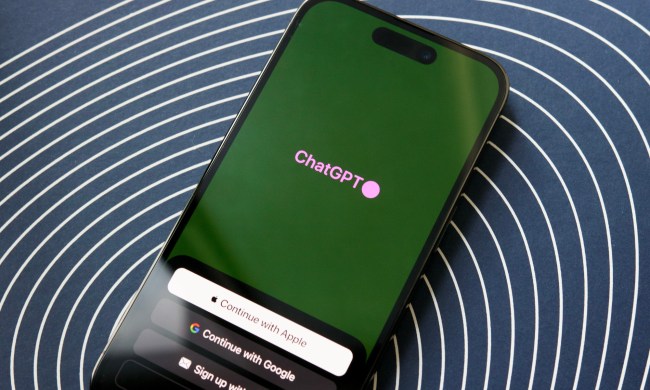Redmond giant Microsoft has gotten into the habit of releasing security updates to its Windows operating systems and flagship applications on the second Tuesday of each month, leading the monicker Patch Tuesday. Today’s set of updates comprise the largest security update the company has released in over a year, including nine updates to patch flaws in its Windows operating system, two updates for products in its Office product suite for Windows, and one patch for its Exchange server software.
The security patches are available directly within Windows via its auto-update functionality, or users can connect to the Microsoft Update Web site to download the appropriate software for their system. Microsoft recommends Windows users download the updates as soon as possible. At least one of the problems patched in the update is already being exploited by attackers.
This June 2006 security update also brings an announcement from Microsoft that older versions of Windows are just getting too creaky to keep patching: according to a Microsoft blog, it has chosen not to put in the re-engineering work necessary to fix a flaw discovered in the versions of Windows Explorer included in Windows 98 and Windows ME in April 2006. Support for those versions of Windows is scheduled to be terminated on July 11, 2006 in any case; Microsoft recommends users of Windows 98, Windows 98 SE, and Microsoft Windows ME put those products behind a perimeter firewall if they’re to be connected to the Internet at all, and strongly recommends those users upgrade to a supported and more secure version of Windows, such as Windows XP SP2.


